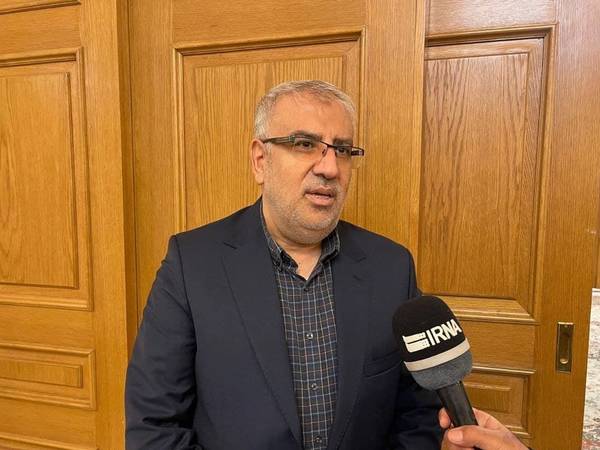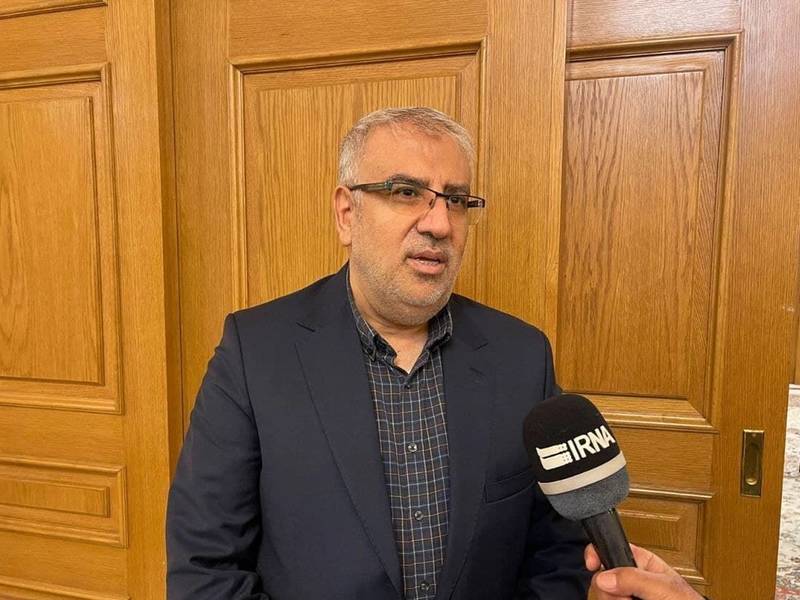Iran’s Oil Minister Javad Owji has said that Iran does not receive cash for its natural gas exports to Iraq and all proceeds can only be used for importing medicines and essential goods.
Speaking on the sidelines of a cabinet meeting on Wednesday, Owji said that payments are deposited in the Trade Bank of Iraq and then spent on buying medications and “essential goods”, which usually mean food and animal feed.
Iraq and other countries stopped banking transactions with Iran after the United States withdrew in 2018 from nuclear accord with Iran known as the JCPOA and imposed sanctions. China, South Korea, India and others owe tens of billions of dollars to Iran for their oil imports.
FarazDaily news website in Tehran pointed out Thursday that President Ebrahim Raisi’s government in the past was claiming that it was receiving all the proceeds form gas and electricity exports to Iraq, and now admits that it never received any cash.
Iranian officials have recently mentioned widely differing amounts of Iraqi debts, ranging from $11 billion to nearly $20 billion. Iran has been lobbying Iraq to transfer cash to Tehran, as government finances and its currency, rial, face dire conditions. The US dollar has doubled in value in one year in Tehran’s official and non-official currency markets.
Rial’s fall directly leads to more expensive imports of food and other goods, fueling Iran’s inflation rate, which stands above 50 percent.
There were reports in March that the Biden Administration had approved of a $500 million payment by Iraq, but so far it has not been officially confirmed.

